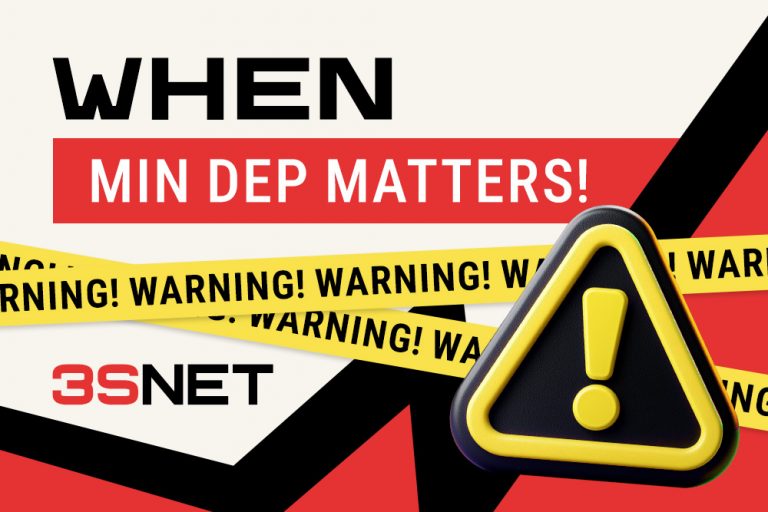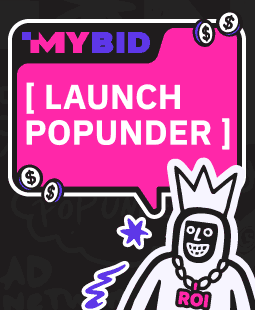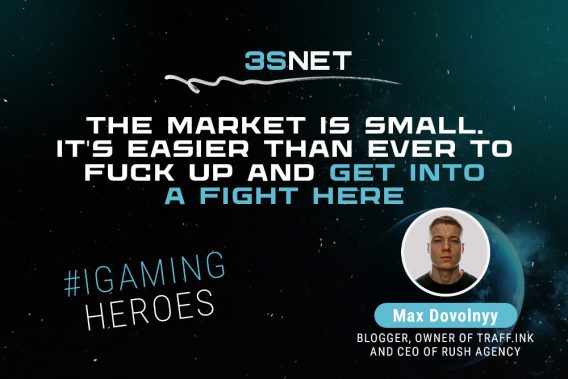
Publication date: 25 June 2025
Affiliate marketing in gambling relies on trust and clear agreements: traffic exchanged for CPA. But what happens when an advertiser alters the terms mid-campaign without notifying affiliates, then claims the traffic quality has deteriorated? A real-life case study on 3S.INFO reveals how an advertiser can blame poor traffic quality on affiliates, causing a drop in traffic quality on their side.
Changing Offer Terms Without Notification: How It Affects Affiliates
What happens when an advertiser adjusts offer terms mid-campaign without informing affiliates, then accuses them of degrading traffic quality? Here’s a real-life scenario: altering the terms inevitably affects the results.
Initial Offer Terms from Online Casino
- Affiliate Payment: $25 per player under CPA model.
- Payment Condition: Minimum total deposit of $5 (based on BL rate)
- Minimum Deposit on Platform: Approximately $4.8–5.5 (30 BRL)
These terms ensured normal conversion rates: a minimum deposit of 1+ nearly guaranteed payment eligibility.
Campaign Duration: January – April 2025
| Period | Registrations | First-time Depositors | Met the Terms | Average Deposit (overall) |
| January-February | 9147 | 2421 | 694 | $6.65 |
| March-April | 5375 | 6191 | 1283 | $4.30 |
What happened?
In March, the advertiser unilaterally changed the offer terms:
- Minimum Deposit Reduced: From approximately $5 (30 BRL) to roughly $1 (5 BRL).
- Payment Condition Changed: Required aggregate deposit raised from $5 to $7.
These changes:
- ! Were NOT communicated to affiliates.
- ! Took effect during an active campaign.
- Result: Impacted traffic quality and payouts.
What Are the Consequences of Secretly Changing Gambling Offer Terms?
- Baseline conversion rate dropped from 28.7% to 20.7%.
- Lower Average Spending: Average deposit fell from $6.65 to $4.30 (across all players).
- Over 56% of first-time depositors did not meet the new conditions.
- Increase in low-deposit players, reducing their overall value.
When Minimum Deposit Really Matters!
Reducing the minimum deposit opened the door to non-paying audiences: users with minimal motivation deposited token amounts but failed to convert into profitable players for the casino. The responsibility for this lies squarely with the advertiser.
It’s also important to distinguish between two types of average deposit figures:
| Period | Average Deposit (all players) | Average Deposit (eligible players) |
| Until March | $6.65 | $11.99 |
| Since March | $4.30 | $10.31 |
Even among players who met the new conditions, the average deposit declined. This suggests a broader decline in monetization and traffic quality, linked to the lowered barrier for entry into the casino. Naturally, the question arises: what about retention? Any advertiser will claim, “Retention is fine,” but reality may paint a different picture altogether.
Manipulative Tactics Used by Advertisers: Real-Life Examples
1.Covert Alteration of Terms During Traffic Flow
Advertisers modify offer terms silently, without notifying affiliates. When performance declines, they shift blame onto the affiliate. This is one of the most dangerous forms of manipulation.
2.Shifting the Qualification Barrier / Baseline
Entry became easier, but meeting the new conditions became harder. Seems logical, but combined, these changes hurt affiliates: players became less motivated to make larger deposits, and there was an influx of non-paying users who otherwise wouldn’t have entered the casino.
3.Attempt to Shift Responsibility
“The quality of your traffic has deteriorated” — this is the main argument. But in reality, the traffic hasn’t changed. What altered were the technical conditions, making baseline achievement more difficult. This creates an illusion of declining quality.
How to Protect Yourself as an Affiliate from Dishonest Advertisers
- Confirm terms in writing before launching the campaign.
- Save reports, screenshots, reconciliations, and communications with the manager before any dispute arises.
- Request thorough examination of disputes and don’t accept partial cuts.
- Non-payment without justification warrants public reputation defense.
Conclusion: What Every Affiliate Should Consider
This case underscores the importance of transparency and vigilance at every stage of collaboration. Even with high-quality traffic, you may face payment refusals. Always protect yourself with documented evidence. Adjusting terms for new traffic is acceptable. However, concealed changes applied retrospectively to completed work constitute improper behavior. This is SHAVING.
Share it with your friends via favorite social media



























